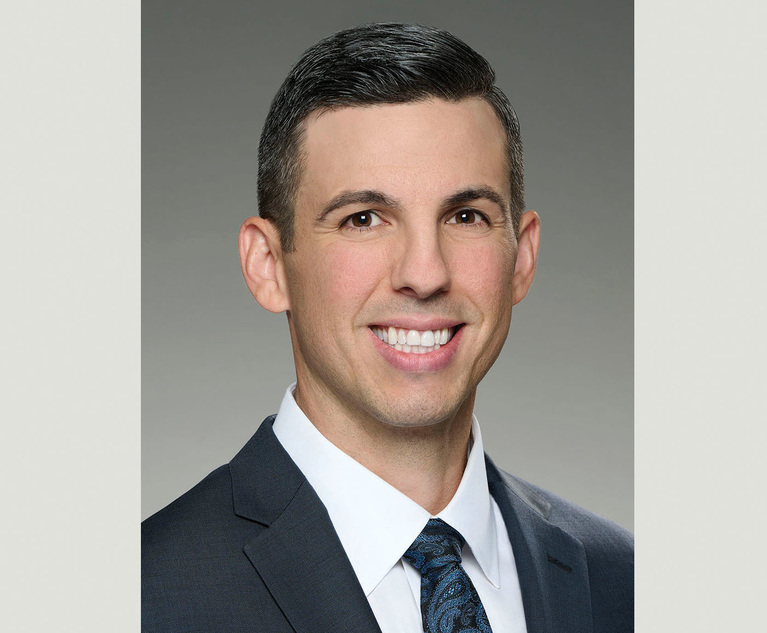Earlier this year, the Delaware Supreme Court held that Corwin deference was not warranted where a recommendation statement to stockholders disclosed that a founder and board chairman abstained from recommending in favor of an M&A transaction, but omitted certain facts evident from meeting minutes, such as his disappointment with the company’s management and the transaction price, and his view that it was not the right time to sell. See Appel v. Berkman, 180 A.3d 1055 (Del. 2018).
The Supreme Court’s decision last week in Morrison v. Berry, __ A.3d ___, 2018 WL 3339992 (Del. Jul. 9) similarly examined whether material information about a founder and chairman’s role in a sale process was withheld from stockholders. In holding that Corwin deference was not warranted, the court elided upon the materiality standard, and again focused on discrepancies between the recommendation statement and board minutes and other internal corporate documents.


 K. Tyler O’Connell.
K. Tyler O’Connell.




